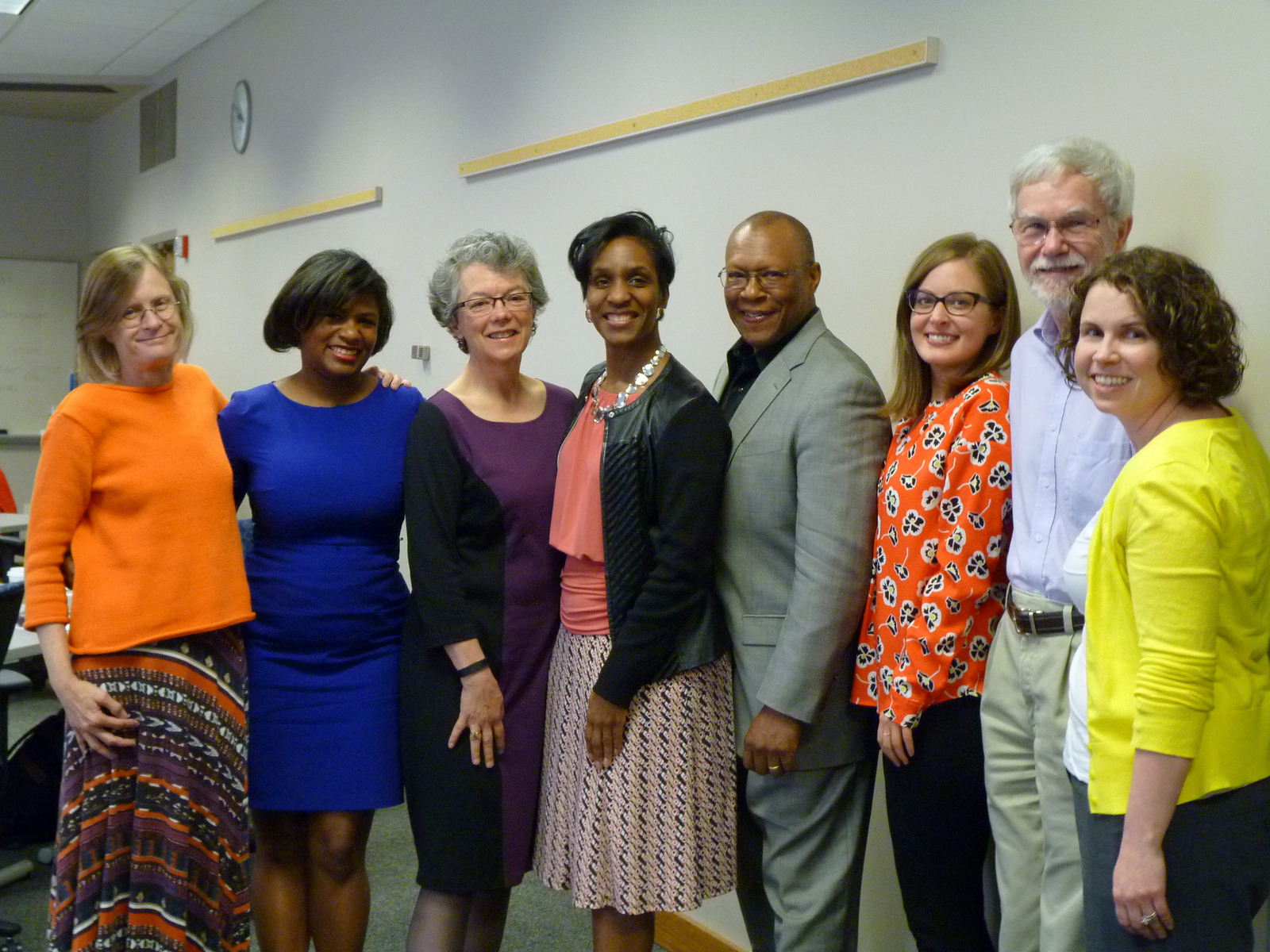Written by Angela Byars-Winston
Training, education, and mentoring in the sciences is not working well for individuals from historically underrepresented groups. There is a need to address and attend to diversity issues in science, not just bringing diverse people into science. Accordingly, the NIH has issued a call for scientific approaches to broadening participation in the scientific workforce. To answer this call, the NRMN Mentor Training Core convened a national team of scholars who have worked to improve mentoring relationships. This team has developed a new training focused on culturally aware mentoring (CAM). The team, referred to as the CAM subgroup, is developing and launching trainings for both mentors and mentees and has, to date, begun piloting the mentor training curriculum.
The CAM module is a six-hour intensive training module designed for mentors who have already completed some form of mentor training. In this module, a team of two facilitators invites participants to look inward and examine their own racial and ethnic identity. This awareness-raising helps participants to identify their personal assumptions, biases, and privileges that may operate in their research mentoring relationships. Through a combination of activities including group discussion, case studies, and role play, mentors have the opportunity to learn and practice culturally aware mentoring skills. At the conclusion of the workshop, mentors are encouraged to think of one thing that they can do in their mentoring relationships to be more culturally aware and respond better to cultural diversity matters in those relationships.
Since the start of the year, the team has beta tested the module at several locations and with various audiences, including 19 BUILD mentors at Xavier University, 20 NRMN Master Facilitators at the University of Wisconsin-Madison, and 27 BUILD mentors at California State University, Long Beach. At the conclusion of each workshop, the facilitators administer evaluation surveys and conduct focus groups to obtain formative feedback from participants. These evaluation data are being used to identify the activities and topics that are most valuable and engaging to participants and are informing continuous improvement and refining of the module. Feedback to date from the beta tests has been overwhelmingly positive, with favorable ratings for both satisfaction and utility of content. We have already scheduled workshops for this summer and fall including the Health Equity Leadership Institute at the University of Wisconsin-Madison in June and the University of California at San Francisco in partnership with Dr. Mitch Feldman’s NRMN Pilot project, MAGIC, in October.
In anticipation of growing demand for and interest in delivery of the CAM workshop, the CAM subgroup is identifying the skill sets needed to facilitate and implement the workshop. Specifically, they are addressing the implications of facilitators’ career stage, race/ethnicity, and gender for implementing this module. The subgroup intends to deliver a set of recommendations for selection criteria to be considered in recruiting facilitators and providing them with concrete strategies for implementation.
The CAM subgroup tentatively projects that the final version of the curriculum will be available for a larger audience in 2017.
The CAM subgroup is led by Angela Byars-Winston (NRMN, University of Wisconsin Madison) and includes Amanda Butz (NRMN, University of Wisconsin Madison), Rick McGee (NRMN, Northwestern University), Sandra Quinn (NRMN, University of Maryland College Park), Carrie Saetermoe (BUILD, University of California Northridge), Stephen Thomas (NRMN, University of Maryland College Park), Emily Utzerath (NRMN, University of Wisconsin Madison), and Veronica Womack (NRMN, Northwestern University).
